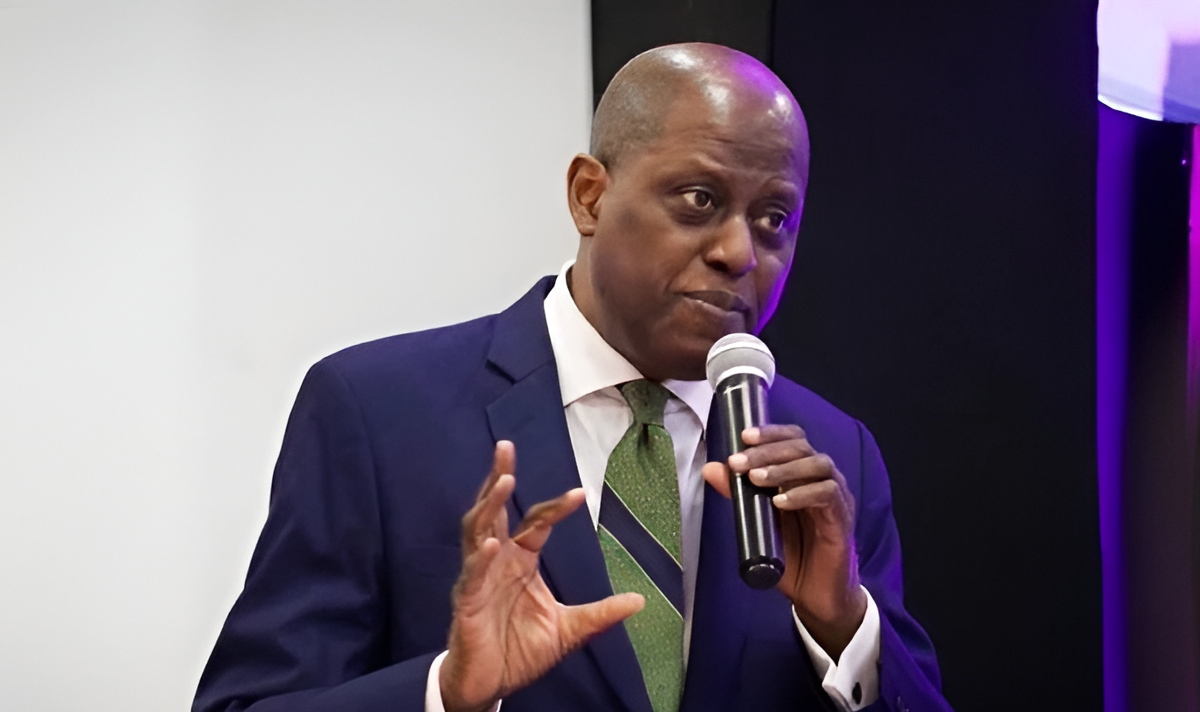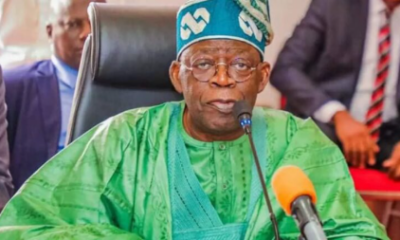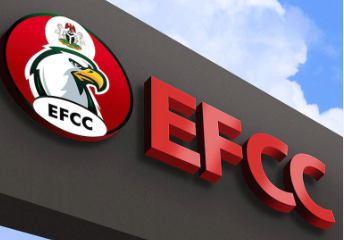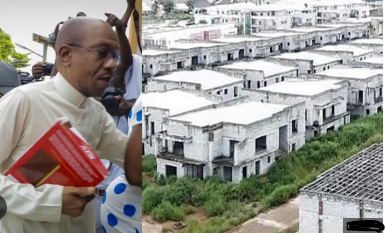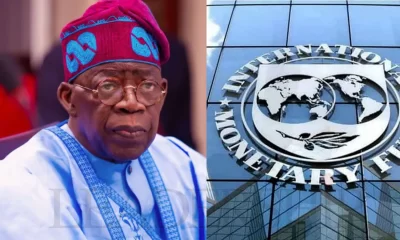The Central Bank of Nigeria (CBN), Dr. Olayemi Cardoso, on Tuesday revealed measures deployed by the apex bank to address the foreign exchange crisis in the country.
Cardoso spoke at the resumption of the sectoral debate series organised by the House of Representatives in Abuja.
He listed the to include unifying foreign exchange market segments, clearing outstanding FX obligations, introducing new operational mechanisms for Bureau De Change (BDC) operators, enforcing the Net Open Position limit, and adjusting the remunerable Standing Deposit Facility cap.
The CBN governor, who lamented the high cost of living in the country, however, noted that the nation’s economy is now better than the one President Bola Tinubu inherited from ex-President Muhammadu Buhari on May 29, 2023.
He said: “To address exchange rate volatility, a comprehensive strategy has been initiated to enhance liquidity in the foreign exchange markets.
“These include unifying foreign exchange market segments, clearing outstanding FX obligations, introducing new operational mechanisms for BDCs, enforcing the Net Open Position limit, and adjusting the remunerable Standing Deposit Facility cap.
READ ALSO: CBN not responsible for FX crisis –Cardoso
“On the economy as a whole, I want to emphasize that we are now at a turning point, and the bold reforms underway across different segments of the economy, though initially challenging, are aimed at addressing these challenges sustainably.
“I am confident that positive outcomes are already emerging and will become more apparent soon. The dedicated and relentless efforts being made are certain to bring about significant and positive changes for our economy.
“Notably, recent reports from international rating agencies such as Fitch, Moody’s, S&P and commendations from multilateral banks like the World Bank reflect this positive trajectory, with upgrades to Nigeria’s ratings from stable to positive.
“These reports acknowledge the potential reversal of the deterioration in the country’s fiscal and external position due to the authorities’ reform efforts. While recognizing the painful adjustments, they all point to a direction that will unlock much-needed growth and development for our economy in the medium to long term.”
The Minister of Finance and Coordinating Minister of the Economy, Wale Edun, who was also at the forum, assured Nigerians that with the crude oil production hitting 1.65 million barrels per day (mbd) as well as the palliatives rolled out by the Federal Government, normalcy would return in no distant future.
“We have to focus on domestic resource mobilisation. Yes, inflation has increased and the cost of living is high, palliatives have been rolled out. We will get there, no doubt,” he stated.

 Health7 days ago
Health7 days ago
 Crime1 week ago
Crime1 week ago
 Comments and Issues1 week ago
Comments and Issues1 week ago
 Latest1 week ago
Latest1 week ago
 Comments and Issues1 week ago
Comments and Issues1 week ago
 Comments and Issues1 week ago
Comments and Issues1 week ago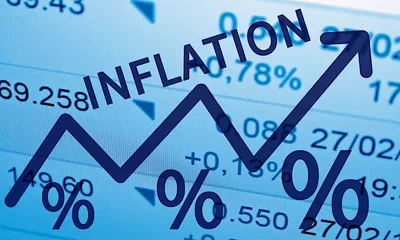
 Comments and Issues1 week ago
Comments and Issues1 week ago
 Latest6 days ago
Latest6 days ago
